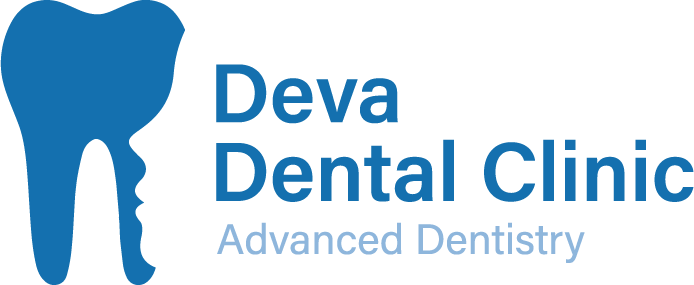
Extraction Post Care Instructions
Instructions for Taking Care of Your Mouth After Tooth Removal
At Deva Dental Clinic our experienced dentists are all qualified to safely extract teeth in a safe environment to ensure the best recovery so that you can regain your health. We wish for all our patients to follow our aftercare advice in order for them to regain their health in the quickest and safest fashion.
Aftercare for tooth Removal
Extraction is a last resort in treating your oral health and is usually reserved for when a tooth becomes damaged to the point where it is the most beneficial option for your health. The reasons for tooth extraction can vary from overcrowding of teeth to damage and decay.
When we remove a tooth, we must sever the connection between the tooth and the blood supply provided to it, this means that it is natural and healthy for the socket to bleed following extraction. If necessary, we will also provide patients with sterile gauze pads which you will be instructed to place on the socket to absorb any bleeding and to help promote the clotting necessary for the site of extraction to heal.
Aftercare for tooth Removal
Why do we extract teeth?
Extraction is a last resort in treating your oral health and is usually reserved for when a tooth becomes damaged to the point where it is the most beneficial option for your health. The reasons for tooth extraction can vary from overcrowding of teeth to damage and decay.
Recovering from the tooth removal
Depending on the type of extraction and which tooth, it usually takes between 1-2 weeks for the recovery to place. The recovery occurs by the formation of blood clots, and keeping that blood clot is important to ensure the recovery of the tooth, dislodging this clot can lead to a dry socket which will slow down recovery and lead to pain.
To prevent this and to recover quickly please:
Avoid rinsing your mouth for at least 24 hours after the removal of the tooth, as this can disturb or prevent the forming of a blood clot which can lead to discomfort and increased bleeding.
Avoid using a straw or spitting for 24 hours to avoid dislodging any clots.
Rest for at least 24 hours and avoid and limit physical activity for the next few days.
Do not smoke or consume alcohol while your socket is recovering.
After 24 hours, rinse gently with a mixture of comfortably warm water and salt four times a day to help clean the area.
Avoid eating hard and crumbly foods and eat soft foods to reduce chewing.
If bleeding occurs again consider biting on a clean material such as gauze that may be provided or a clean napkin for a quarter of an hour.
Brush your teeth with a soft toothbrush while avoiding the area of extraction until it has sufficiently healed.
Why is my socket bleeding?
When we remove a tooth, we must sever the connection between the tooth and the blood supply provided to it, this means that it is natural and healthy for the socket to bleed following extraction. If necessary, we will also provide patients with sterile gauze pads which you will be instructed to place on the socket to absorb any bleeding and to help promote the clotting necessary for the site of extraction to heal.
Possible complications following tooth removal.
As with any surgical procedure, complications can occur during or after the procedure these include:
Damage to neighbouring teeth
Dry socket. If a blood clot does not form or is dislodged a dry socket may form. Certain drugs that reduce blood clotting or even oral contraceptives can reduce the chance of a clot forming. If this occurs the dentist can apply a dressing to help with the healing and prescribe antibiotics if necessary.
Bruising or swelling. Certain extractions may require more force to remove the tooth from the bone, this may cause bruising to the surrounding tissue that should recover over time. If the swelling or bruising is significant please call your dentist immediately.
If you believe you have significant complications following your extraction please call us so we can provide advice and any care needed.
Recommended foods to eat after tooth extraction.
Soft foods are recommended, these include:
Yoghurt
Soups
Smoothies (Try to eat with a straw).
How to manage pain after an extraction?
It is normal to feel discomfort as the site will be sore following the extraction. Some people may also experience slight swelling and bruising. The dentist may provide you with painkillers if necessary, but over the counter pain medication like paracetamol may be recommended. Please ask your dentist before taking any medication.
If the pain or swelling get’s worse after several days please contact the dentist so we can rule out any chance of infection.
